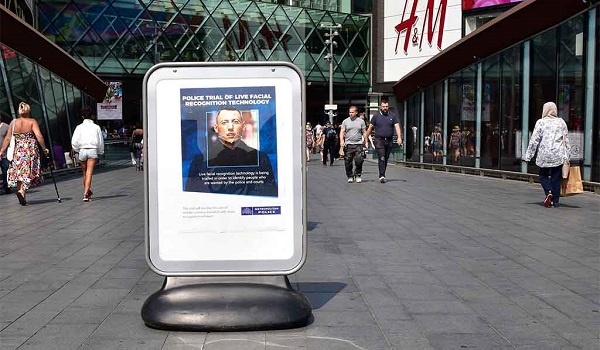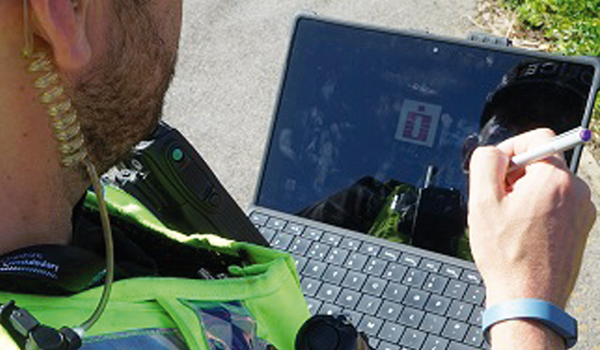Balancing privacy and transparency
From the early beginnings of body-worn video (BWV) in the early 2000s, the second decade of this century has seen a drive towards smarter, intelligent policing using modern technology. Inevitably this has brought to light issues surrounding what actually happens with the footage once it is stored.

From the early beginnings of body-worn video (BWV) in the early 2000s, the second decade of this century has seen a drive towards smarter, intelligent policing using modern technology. Inevitably this has brought to light issues surrounding what actually happens with the footage once it is stored.
With each agency that uses the devices comes a set of policies, somewhat varied, but all inherently similar and tailored to specific community needs. In most circumstances an officer will address any individuals caught on camera, notifying them they are being filmed.
When a camera is returned to base at the end of the day and docked, the video footage is securely uploaded and logged on evidence management software. But what does this mean for innocent parties who have been filmed?
Most policies afford an option whereby with a written request one can attain a copy of a video in which they were captured. However, due to variants in laws, cause for concern has arisen for both sides.
On one hand the police must respect the law after all we trust them to protect society and work within the parameters the various laws applicable to body cameras set a list too long to write here.
As the advances in technology continue to outstrip the pace of legislation, this problem is magnified, thus there is an ever-present uphill struggle for citizens wishing to stay private; and a never present one-size-fits-all solution for decision-makers.
An example of this tug-of-war between transparency and privacy is best illustrated by events in Washington DC in the US, which currently has a blanket ban on Freedom of Information requests for BWV camera footage where it would constitute a clearly unwarranted invasion of personal privacy.
Following a successful six-month pilot that started on October 1, 2014, Mayor Muriel Bowser has included $5.1 million in her proposed Fiscal Year 2016 budget to fund implementation of a full-scale programme to outfit all patrol officers with BWV cameras.
Mayor Bowser has tucked a provision into a Spending Bill that will exempt the footage captured on police body cameras from public records, making gaining access to the recordings far more challenging.
At the end of 2014, and faced by crippling requests, Washington DC faced a projected three-year stretch to meet the requests, with concerns that footage would be used more for internet/television entertainment purposes.
Washington DCs Metropolitan Police Department has already denied requests for videos claiming that it lacks the tools and skills required to edit and redact personal information, such as faces.
On the other hand, members of the public are inundated with media reports, feeding information at various angles and shaping outlooks on the topic. Many simply ask for their local police to be clear on how they use their cameras, and how they can be used best within their society.
Members of the public have the right to expect that they will always be made aware if they are being recorded, says solicitor Joanne Snedden of Burness Paull LLP in Edinburgh, and if in doubt, the best course of action is to contact the local police force or check its website for further information.



